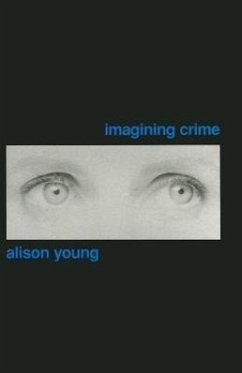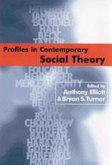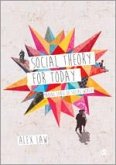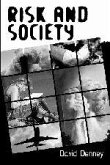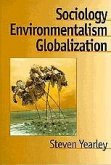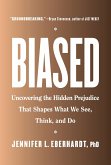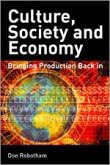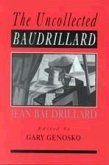This book offers an original and challenging reading of the `crimino-legal complex' - criminology, criminal justice, criminal law, the media and everyday experiences - in the light of cultural studies and feminist theory. Through an exploration of the crisis engendered by the failure of the crimino-legal complex to solve the problems of crime and criminality, Alison Young exposes the cultural dimension of its institutions and practices. She analyzes the far-reaching effects of the cultural value given to crime, showing it to be rooted in a powerful nexus of the body, language, the community and everyday life. Imagining Crime examines a number of key events and issues which have signalled shifts in the representation of crime. These include: criminology's resistance to feminist intervention; the pleasures of reading detective fiction; ambiguities of victimization and social justice in the city; sacrificial structures in the law's response to conjugal homicide; policing the ethnicity of the `illegal' immigrant; defensive responses to the limits of representation in the Bulger affair; the governmental strategies of campaigns against single mothers; and the fatalism of the spectacle of HIV/AIDS in criminal justice policy.
`Represents a significant contribution to the ongoing debate over the future of criminology.... Each chapter thus performs a critical cultural "reading" of specific examples from the crimino-legal complex. The examples chosen are disparate, varying from an intellectual/academic movement (feminism in/and criminology), to Conservative ministerial pronouncements on "the family", via the detective novel. The case studies offer a series of intelligent and thoughtful reflections on the various topics, teasing out meanings, explicating figures of speech and explaining the logics at work. In Chapter 2, she examines criminology from the perspective of feminism. She argues that criminology as a whole is intrinsically masculine, this conclusion deriving from her concern with the meanings embedded within criminological concepts. This emphasis on the gender bias of the categories of the criminological imagination is particularly interesting.... A distinctive feature of this book is the inclusion of certain psychoanalytic concepts into her argument.... an insightful and well-crafted work. Anyone concerned with the development of theoretical criminology would find it essential reading' - Theoretical Criminology
`This bold and ambitious book.... Young offers interpretations that are challenging, provocative, and thought-provoking, and much of the book's impressiveness derives from this' - Journal of Law and Society
`In short, this is an engaging study that offers valuable insights into the way crime is imagined. It can be an excellent addition to the graduate courses' syllabi in criminology, sociology, women's studies and cultural studies. I strongly recommend the book to scholars interested in issues related to the social construction of crime.... the book offers interesting insights into our understanding of the mechanisms used to create, discipline and domesticate textual outlaws' - American Journal of Sociology
`This bold and ambitious book.... Young offers interpretations that are challenging, provocative, and thought-provoking, and much of the book's impressiveness derives from this' - Journal of Law and Society
`In short, this is an engaging study that offers valuable insights into the way crime is imagined. It can be an excellent addition to the graduate courses' syllabi in criminology, sociology, women's studies and cultural studies. I strongly recommend the book to scholars interested in issues related to the social construction of crime.... the book offers interesting insights into our understanding of the mechanisms used to create, discipline and domesticate textual outlaws' - American Journal of Sociology

